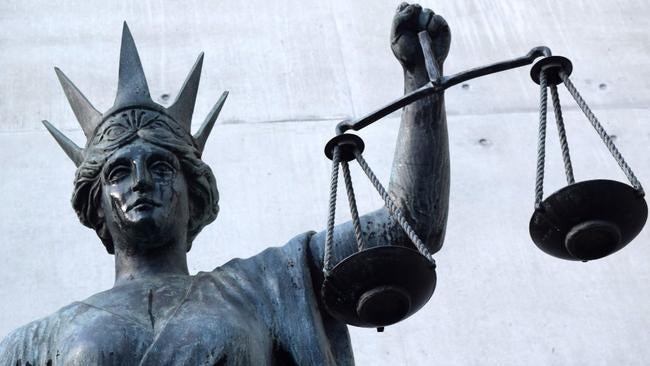Law firm to target Australian companies, including BHP
An international law firm says it will target Australian companies including BHP, escalating the political row over the regulation of class action litigation funders.

The law firm waging a class action case against BHP on behalf of more than 700,000 claimants following the 2015 Mariana dam disaster in Brazil says it will come after other Australian companies for “environmental crimes”.
Pogust Goodhead set up an office in Sydney in February amid warnings from the Coalition and business groups that Labor’s decision to lessen regulatory oversight of litigation funders would encourage more firms to establish operations in Australia and target businesses with class action claims.
The firm’s chief executive and global managing partner, Tom Goodhead, told ABC radio on Wednesday that it was preparing further cases against BHP in addition to other Australian businesses. “Until these companies stop committing environmental crimes, there’s a role for firms such as mine to be seeking to hold them to account,” he said.
“We have been studying a number of cases. I was contacted a couple of years back by communities in Papua New Guinea who had been previously impacted as a result of the legacy of BHP’s operations in PNG.
“We are looking at a case at the moment in Colombia where BHP and Anglo American … have been involved in some terrible environmental consequences associating in Colombia with the Cerrejon open pit coalmine project there.”
In October, Pogust Goodhead said it had secured $US550m in the “largest worldwide investment in a law firm” from an emerging markets-focused hedge fund, Gramercy, based in the US and which has attracted attention for trying to enforce a $100m arbitral award that it secured over Peru’s valuation of old government bonds.
Opposition legal affairs spokeswoman Michaelia Cash on Wednesday accused Labor of encouraging “predatory litigation funders and class action law firms”. She said they posed a “direct threat to the economic wellbeing of businesses”.
“We have seen conservative estimates that the value of claims made against Australian businesses in a single year, before a crackdown by the former Coalition government, exceeded $10bn,” she said. “This will only increase after the Albanese government rolled back those reforms.”
After winning office, Labor reinstated exemptions excluding litigation funders from the definition of “managed investment schemes” or the requirement to hold an Australian Financial Services Licence under the Corporations Act. The government also did not continue with the Coalition’s proposal to introduce a 30 per cent cap on litigation funder returns from lawsuits.
A spokesman for Attorney-General Mark Dreyfus said class actions provided a “vital path to justice for ordinary Australians who have been harmed by misconduct by large companies or governments”.
“The sole focus of the Albanese government’s reforms are the best interests of these ordinary Australians seeking justice against companies with much bigger resources,” he said.
Colin Biggers & Paisley Lawyers head of class action practice Michael Russell said “some level of regulation” was a good thing “but it can’t be so heavy handed as to remove … competition from that space. I think that the Coalition’s amendments probably went too far. And now the reaction from this government has been to go too far the other way.”




To join the conversation, please log in. Don't have an account? Register
Join the conversation, you are commenting as Logout